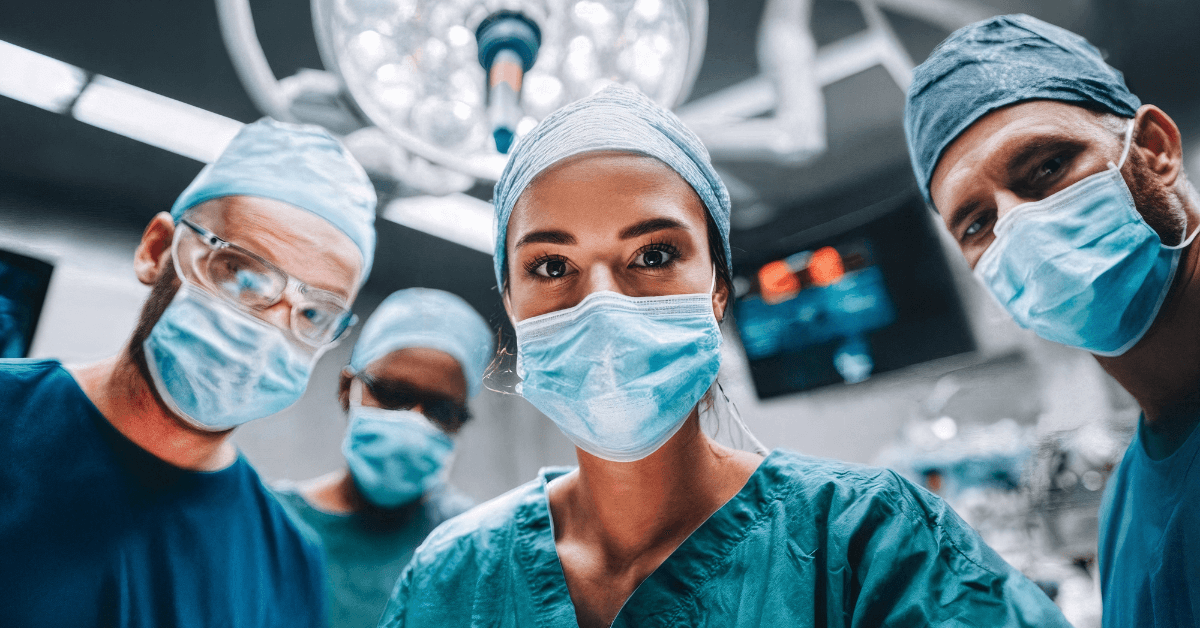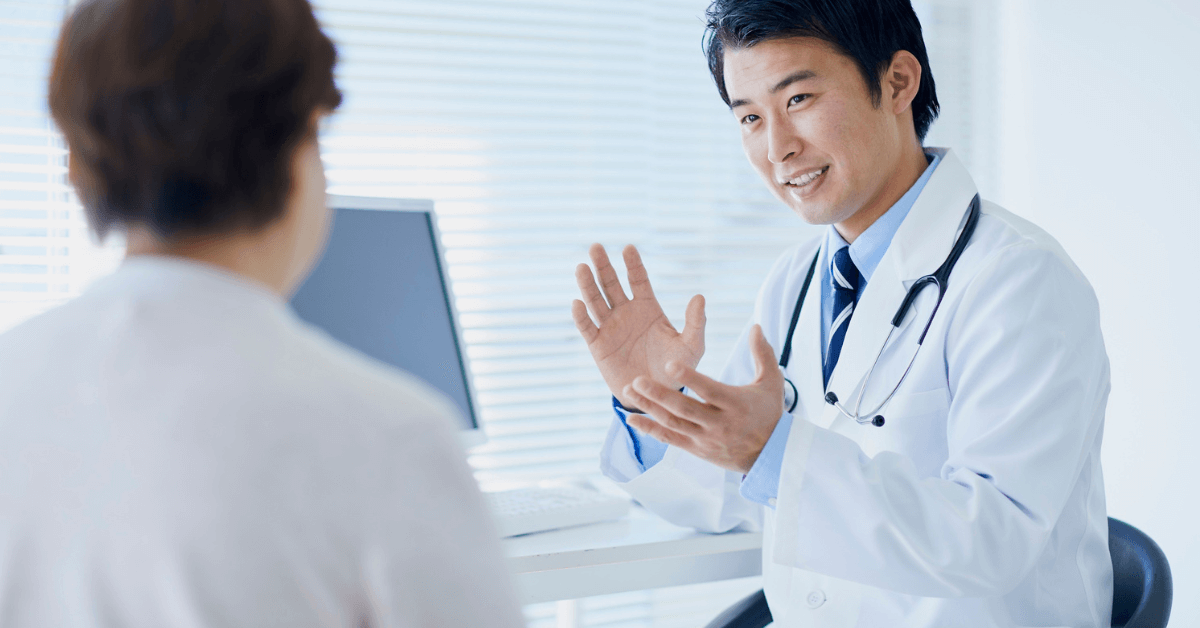10 Common Hemorrhoid Questions arise when discomfort in the anal area strikes. Moreover, readers want accurate, simple information. Therefore, this blog answers each question clearly. It uses transitional words like firstly, next, however, and finally to guide you.
1. What are hemorrhoid symptoms?
Firstly, patients often wonder what hemorrhoid symptoms mean. Internal hemorrhoids usually cause painless bleeding during bowel movements. Meanwhile, external hemorrhoid symptoms include itching, visible swelling, pain when sitting, and sometimes a hard lump caused by a clot (thrombosed hemorrhoid). Secondly, you may notice irritation or mucus discharge. Experts confirm these common signs clearly .
2. What are hemorrhoid causes?
What causes hemorrhoids? The main hemorrhoid causes include prolonged constipation, chronic diarrhea, straining, pregnancy, obesity, aging, and extended sitting. These factors increase pressure in the rectal veins. Also, weak connective tissue can worsen the problem. Inherited factors may contribute. Lifestyle habits such as low fiber and dehydration also play a role .
3. Are hemorrhoids dangerous?
Generally, hemorrhoids are not dangerous. However, you should monitor symptoms carefully. If bleeding lasts more than a week, pain becomes severe, or bowel habits change, you must see a provider. Persistent symptoms may point to other serious conditions such as anal fissures or colorectal cancer. Therefore, prompt evaluation helps rule out risks .
4. How do you treat hemorrhoids at home?
Next, many readers ask how to treat hemorrhoids at home. First, increase fiber intake to 20–35 g daily. Eat fruits, vegetables, and whole grains. Then drink enough water and avoid straining. Take warm sitz baths and use over-the-counter creams or suppositories. Secondly, gently clean the area after bowel movements and wear breathable cotton underwear. Most people find relief with these simple steps .
5. When should you seek medical care?
You should seek medical care if home remedies do not bring relief in about a week. Also consult a provider if bleeding is heavy or pain grows worse. If you notice unexplained weight loss or persistent changes in bowel habits, medical evaluation is wise. A doctor may perform an anoscopy or colonoscopy to exclude other causes .
6. What medical hemorrhoid treatment is available?
When conservative care fails, doctors offer medical hemorrhoid treatment. They may recommend:
- Rubber band ligation: ideal for internal hemorrhoids grades I–III.
- Sclerotherapy or infrared coagulation: minimally invasive options.
- Laser Hemorrhoidoplasty (LHP): a modern laser hemorrhoidoplasty method that uses laser energy to shrink hemorrhoidal tissue with minimal pain and fast recovery. LHP treats internal and low-grade external hemorrhoids with high success and low risk.
- Hemorrhoidectomy: Surgical removal for severe or persistent cases.
Laser treatment like LHP has gained strong support from specialists for its precision and reduced recovery time .
7. Does rubber band ligation or LHP hurt?
Many patients worry that procedures like rubber band ligation or LHP will hurt. However, doctors use topical anesthetics and gentle methods. For rubber band ligation, most patients feel mild pressure for a day or two. For LHP, pain is minimal, and recovery is quicker. Most people resume normal activity within one or two days. Serious pain remains rare .
8. How long does recovery take?
Recovery depends on the chosen therapy. With home care, most symptoms improve in a few days to two weeks. Rubber band ligation usually shows results in one week. Laser Hemorrhoidoplasty offers a quicker recovery—many patients return to normal within one or two days. Surgical removal may require weeks to fully heal. In most cases, minor residual skin tags may remain but seldom cause issues .
9. How to prevent hemorrhoids
Effective methods can help prevent hemorrhoids. First, eat fiber-rich food and drink plenty of fluids. Secondly, avoid long sitting and straining on the toilet. Thirdly, exercise regularly and respond promptly to bowel urges. Fourth, maintain a healthy weight. Finally, avoid using phones or reading while on the toilet. These actions reduce vein pressure and minimize flare-ups .
10. Do hemorrhoids affect pregnancy?
Yes, pregnancy can trigger hemorrhoids. Up to 40% of pregnant people develop hemorrhoids, especially during the third trimester. Pressure from the growing fetus and hormonal changes slow digestion and raise rectal pressure. After childbirth, many symptoms fade. Yet persistent hemorrhoids may require postpartum treatment and lifestyle support to avoid recurrence .
Final Thoughts
In conclusion, the 10 Common Hemorrhoid Questions above provide clear answers about symptoms, causes, prevention, and treatments. We include accurate medical options like Laser Hemorrhoidoplasty (LHP). Moreover, we guide you on when to seek help. Consequently, you can take action early and find the relief you need. Always consult with a healthcare provider for personal advice.



